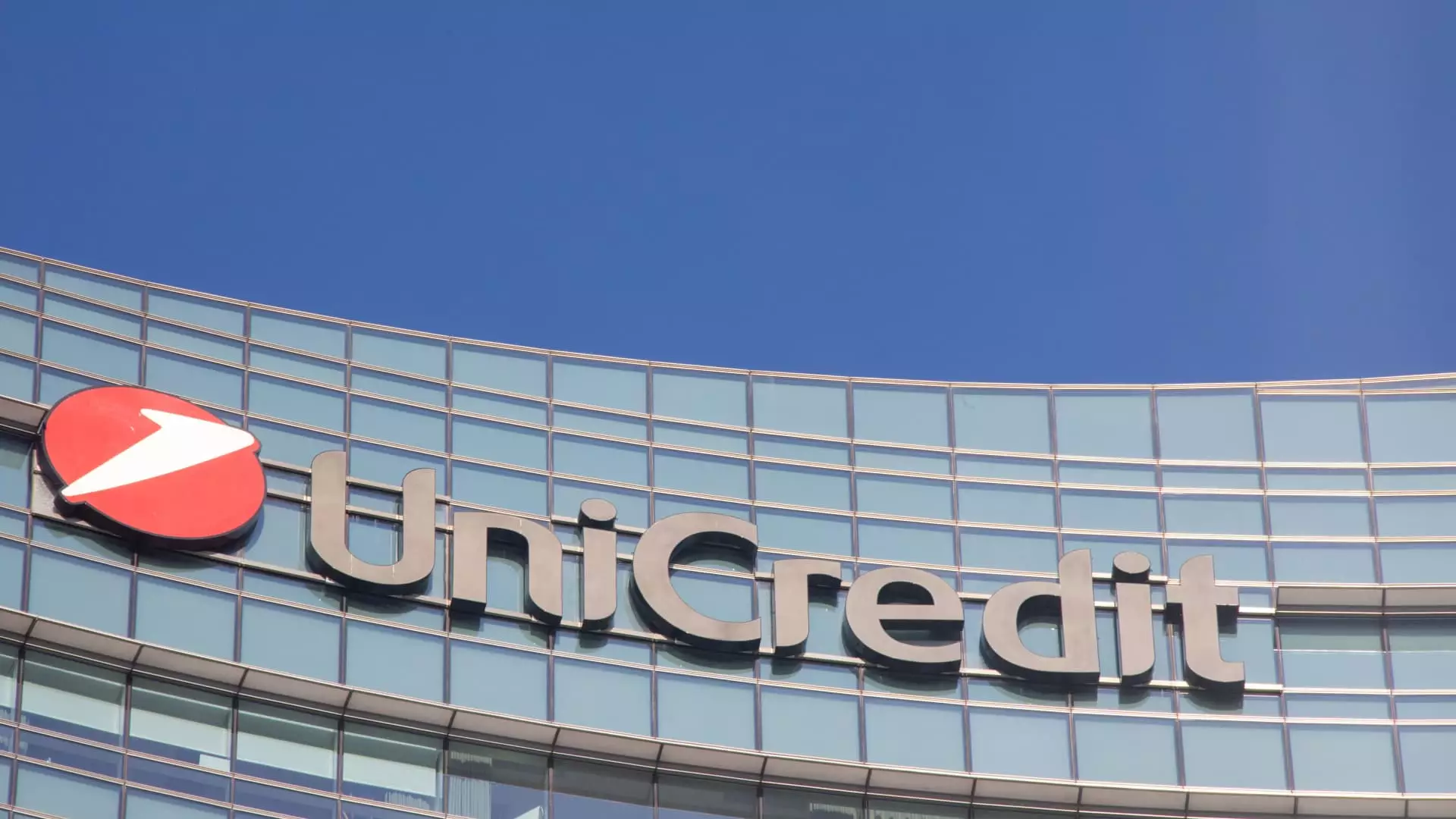In a striking move that signifies the competitive landscape of European banking, UniCredit has proposed an acquisition of Banco BPM, marking a significant step in the ongoing trend of consolidation within the sector. The Italian lender has made a bid of approximately €10 billion ($10.5 billion), offering €6.657 per share, a move that not only represents a slight premium over the recent market close but also positions UniCredit to enhance its status as a leading pan-European banking institution. This merger, if materialized, would merge two of Italy’s largest banking entities, effectively reshaping the nation’s banking dynamics.
Context of the Banking Industry
Amidst a backdrop of heightened merger and acquisition activity in Europe, this bid aligns with an industry that has been perceived as ripe for consolidation for numerous years. With liquidity-rich banks like UniCredit actively engaging in acquisition talks, it’s evident that the landscape is evolving rapidly. The banking sector’s pressure to innovate and grow in a challenging economic climate has driven this trajectory, making mergers not just beneficial but often necessary for survival and competitiveness.
Interestingly, this move towards Banco BPM is distinct from UniCredit’s concurrent plans to increase its stake in German bank Commerzbank. Having recently increased its stake in Commerzbank to roughly 21%, with aspirations to elevate it to nearly 30%, UniCredit is clearly pursuing a dual approach to expansion within the European market. This strategy reflects a robust ambition to diversify its holdings and reinforce its influence across key European banking sectors.
However, this push is not without its challenges. The German government retains a significant shareholding in Commerzbank and has voiced concerns about unsolicited takeover attempts, which has stalled rapid progress in negotiations. Chancellor Olaf Scholz’s comments underscore the sensitivities involved in cross-border banking consolidations, highlighting a sphere where political dynamics intersect with financial maneuvers.
Recent Activity from Banco BPM
In the meantime, Banco BPM has itself been active in the market, with a recent attempt to acquire asset manager Anima for €1.6 billion and a strategic investment in the troubled Monte dei Paschi di Siena. This demonstrates Banco BPM’s intention to bolster its own portfolio, which complicates the merger discussions with UniCredit. Such moves reveal a proactive stance in an environment where agile strategies often dictate success.
Financially, UniCredit appears strong, showcasing an 8% year-on-year increase in quarterly net profit to €2.5 billion, exceeding market expectations. This upward trajectory has also led to an elevated full-year net profit guidance, signaling not just robust financial health but also an optimistic outlook for potential investors and stakeholders. With shares soaring by approximately 55% this year, UniCredit’s financial performance serves as a compelling backdrop to its ambitious acquisition strategy.
UniCredit’s bid for Banco BPM is a reflection of broader trends within the European banking industry, characterized by a push for consolidation amidst evolving market dynamics. While challenges remain, particularly with respect to regulatory and governmental responses, the potential merger could set the stage for a new chapter in Italy’s banking landscape, allowing for greater efficiency, innovation, and competitiveness in the long term.

